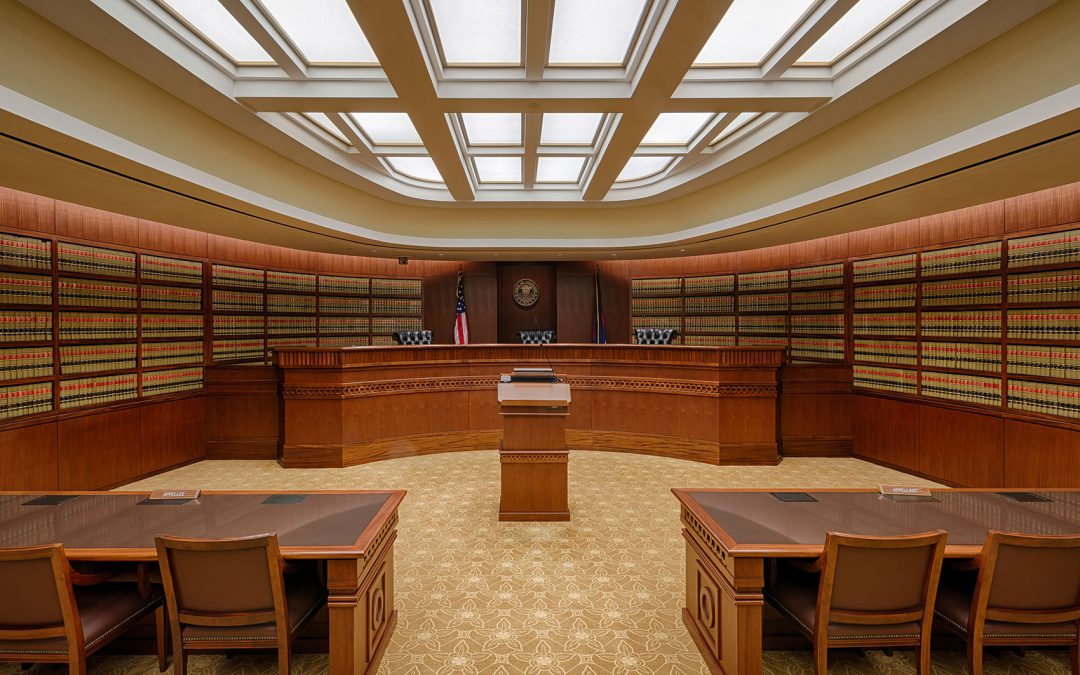EXCULPATORY CLAUSE IN DECLARATION IS ENFORCEABLE
By Joseph R. Kummer
The Colorado Court of Appeals recently affirmed a trial court decision finding that Plaintiff homeowners’ claims against an Owners Association were barred by an exculpatory clause included in the Association’s Declaration and Design Guidelines. Plaintiffs purchased a lot in Stirling Ranch on which to construct a residential lot and were subject to the Declaration of Covenants, Conditions, Restrictions, and Easements (“Declaration”) of Stirling Ranch Property Owners Association (“POA”). Plaintiff submitted design plans from a licensed architect to the POA’s Design Review Board (“DRB”) prior to commencement of construction. The DRB failed to notice that the plans violated Garfield County’s height requirements. After Plaintiffs began construction, the county issued a stop work order when it learned that the home exceeded its building height requirements. Plaintiffs were forced to redesign their plans on several occasions before it was finally approved by the DRB. Plaintiffs sued the POA and asserted that the redesign of their home caused them $261,565.97 in damages.
The Court of Appeals affirmed the trial court’s findings that the Declaration’s Limitation of Liability section and the Design Guideline’s Non-Liability section barred Plaintiffs’ claims for declaratory judgment/equitable estoppels and negligence. The Declaration’s exculpatory clause states that the DRB and the Executive Board will not be “responsible in any way for any defects in any plans or specifications submitted, revised, or approved in accordance with the provision of the Association Documents.” Similarly, the Design Guideline’s exculpatory clause states that the DRB will not be liable for “[a]pproving or disapproving any plans, specifications and other materials, whether or not defective.” The Court of Appeals found that the exculpatory clauses’ plain language released the DRB and POA from liability for decisions regarding the approval or disapproval of designs. The Court examined the Jones v. Dressel validity factors and concluded that the exculpatory clauses were valid because they do not implicate a public duty, do not involve an essential service, were fairly entered into, and plainly express the intent to release the DRB and POA from liability.

